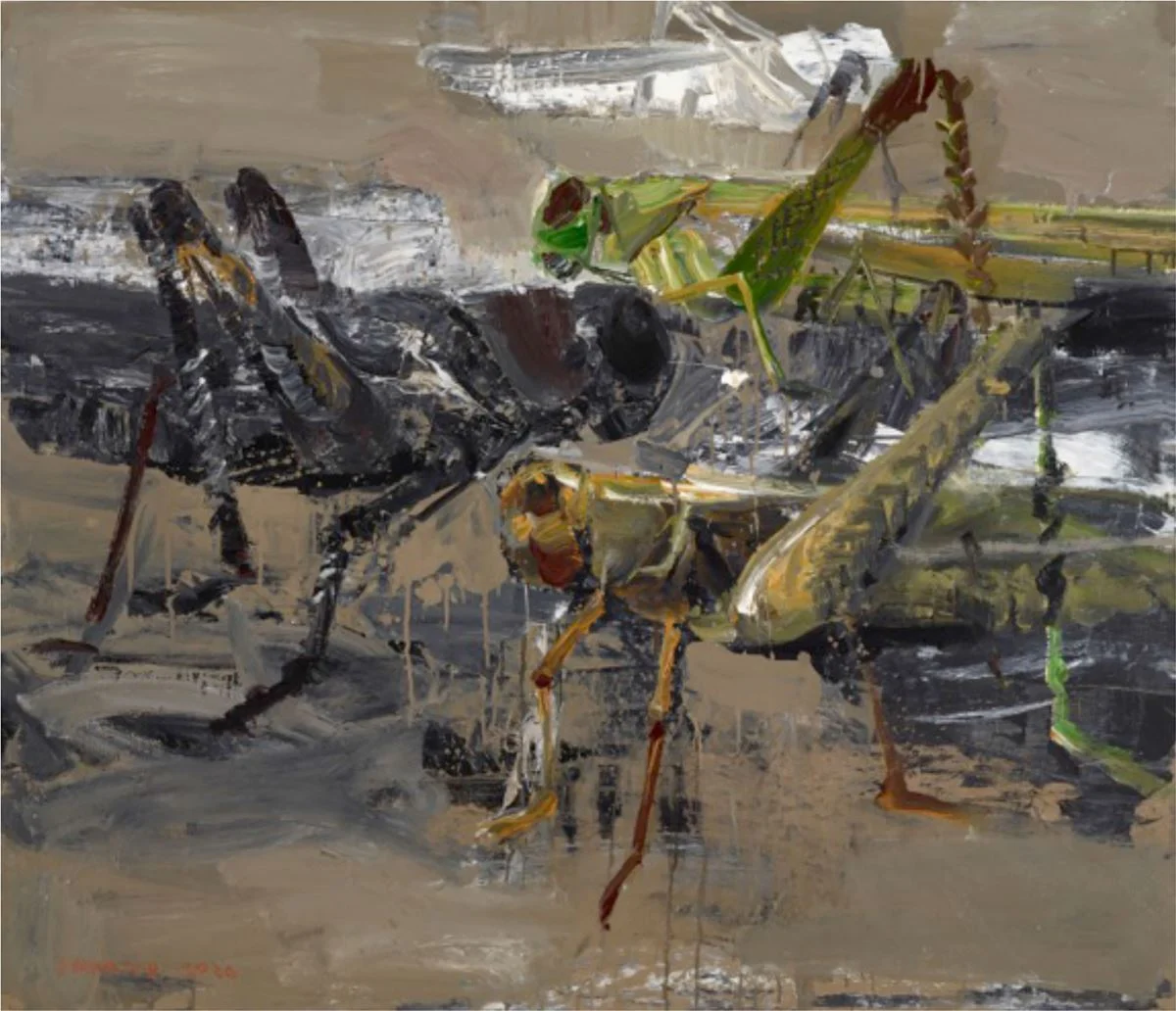The brazen, unbridled barbarism coincided with the current reign of a specific form of capitalism referred to as neoliberal globalization, which dismantles institutions, states, and societies as well, for the benefit of a select “despotic” few, who dominate power, finance, and media, while chaos trails everywhere.
Nahla Chahal
Professor and researcher in political sociology
Editor in Chief, Assafir Al Arabi
Translated by Sabah Jalloul
This is not a commemoration of the twentieth anniversary of the senseless war on Iraq, which marked a regression to colonialism’s earliest methods of occupation, carried out under the brutal march of army battalions and the destructive force of weaponry arsenals. Those methods included tampering with the targeted nation at every level, dismantling its civil and military structures, obliterating its institutions, and looting and destroying its cultural heritage, including the ancient artefacts that bore witness to the dawn of human civilization in Sumer, Babylon, and beyond. This inflicted devastation was additionally accompanied by the plunder of Iraq's modern-day wealth, particularly its oil reserves.
We do not commemorate the erasure of the efforts made by the elites of modern societies to draw up what became globally recognized regulations and principles – particularly in the aftermath of World War I and II and the subsequent brutal wars waged against liberation movements across the globe.
Nor do we commemorate the diminishing efforts of institutions which, while they may have often fallen short of fulfilling their declared goals hindered by their own considerable hypocrisy and inability to overcome inherent flaws, have nonetheless constituted frameworks for globally acknowledged “principles” and controls. Although these principles are frequently violated, their importance lies in the fact that they did exist as a point of reference for all. The two global wars on Iraq, spearheaded by Washington with the active participation of London, and all that unfolded between and after these two wars, have contributed to the erosion of these principles and the rise of pure barbarism. This brazen, unbridled barbarism has coincided with the current reign of a specific form of capitalism referred to as neoliberal globalization, which dismantles institutions, states, and societies for the benefit of a select “despotic” few who dominate power, finance, and media, while chaos trails everywhere, and on everything, using “mafia” methods if need be.
We do not commemorate the Iraqi tragedy, which some speculate may have been orchestrated by a contemptuous Israeli-Zionist scheme against the ‘land of the two rivers’ and its people. The project happened to coincide with the desires of neo-conservatives at a specific moment in history when the global balance, which had once played a deterrent role against the execution of this deplorable international scheme, crumbled following the collapse of the Soviet Union and its socialist bloc.
We do not commemorate what has unfolded after all plans miserably backfired. The Islamic Republic of Iran garnered sweeping influence over Iraq, encroaching upon the country at every level, as its contemporary elites rekindled the dreams of its ancient empire. Al-Qaeda and later ISIS emerged, disrupting the stability of nations that had once deemed themselves invulnerable and far from whatever happened in distant “undeveloped” regions. This highlighted the interconnectedness of our world where nothing is truly remote, as if we had discovered anew that Earth is indeed round. In fact, our planet is fragile and vulnerable to destruction, whether it be one country at a time, as we have witnessed, or collectively through the incessant interference with the planet and the climate with shocking shortsightedness and nihilism. Both these destructive trends raise questions about the feasibility of “progress,” even the viability of humankind itself, who – although never completely devoid of hubs of resistance – appears to be either oblivious to the existential threats or oddly resigned to its “fate,” in stark contrast to the philosophies of ancient and modern thinkers.
We present our readers with eight texts, each explicitly or implicitly addressing these issues. We have chosen these various topics because they best reflect the ongoing situation. The first text, written by Mizar Kemal, introduces the issue by addressing Iraq itself and its subsequent devastation. It is followed by several texts that delve into the repercussions across the region. Raja Al-Khalidi explores how this devastation affected the Palestinian struggle for liberation. Mona Sleem examines the impact of the Iraqi issue on Egypt, and how it contributed to circumstances which eventually led to the January 2011 revolution. Omar Benderra reflects on the lessons learned by Algeria, a nation with a longstanding revolutionary tradition, namely that oppressive regimes constitute the shortest route to weakening societies and stifling their capacity to resist. Samir Aita sheds light on the state of turmoil that overcame Syria following the “fall” of Iraq. Finally, in collaboration with Jummar, the young Iraqi media platform whose founders emerged from Assafir Al-Arabi, we present three texts that provide living testimonies from Iraqis who witnessed the event. The first is by Dima Yassine, who was a young woman coming of age at the time of the invasion. The second is by Mobeen Al-Khashani, who was a five-year-old child witnessing the bewildering omnipresence of US weapons around him, which metaphorically gouged his already ailing eyes. Lastly, Amani Al-Hassan, who was only six during the war, reflects on how she had coped with and endured the horrors of that unforgettable event.
With these texts, we underscore the enduring impact of the Iraq war, as its aftershocks persist and continue to interact and reverberate. The war’s realities and aftermath ripple across not only the region but also the world, like a bouncing bomb that strikes multiple times over, each time regenerating new crises and situations - first in the plundered and ravaged Iraq, then in its neighboring region, and ultimately in the world at large. The war on Iraq was, indeed, a global event, and it remains one!
Iraq
I Am All of These Dead Faces
01-09-2023
Palestine
Egypt
Algeria
Syria
Testimonials from Iraq
The Testimonials from Iraq are a joint collaboration between Assafir Al-Arabi and Jummar
The Generation of Loss
19-09-2023
Ommetaphobia: The Gouged Eyed of Childhood
24-09-2023


